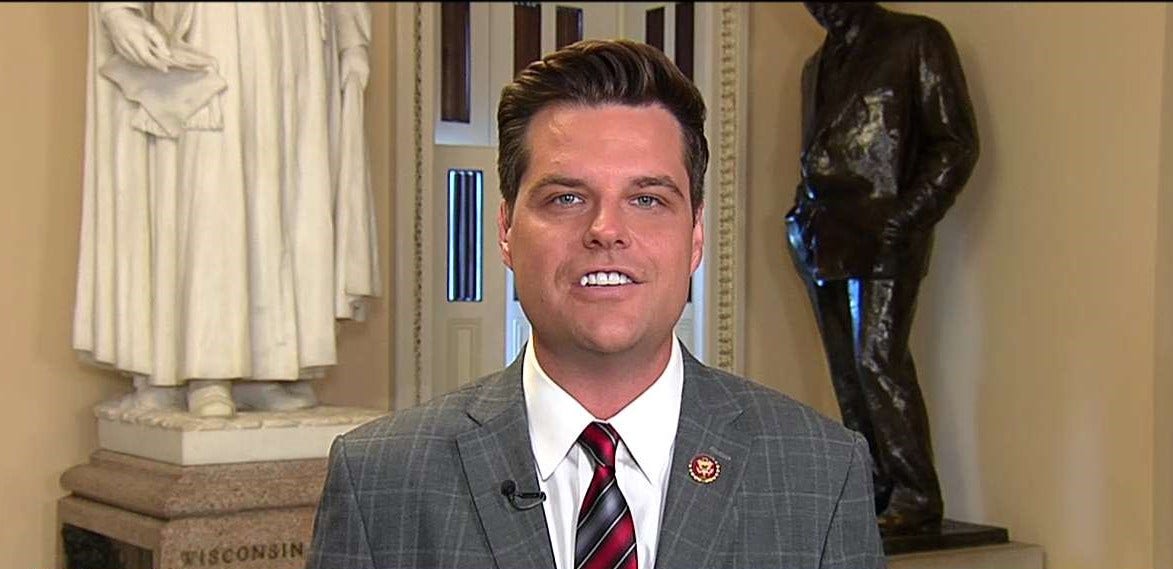
- Select a language for the TTS:
- UK English Female
- UK English Male
- US English Female
- US English Male
- Australian Female
- Australian Male
- Language selected: (auto detect) - EN
Play all audios:
The excitement over an early general election is growing. In the _Daily Telegaph_, Philip Johnston writes: “Boris Johnson must be bold and call a general election immediately”. Simon Heffer
sees a ‘’constitutional crisis (to be) resolved only by a general election.” Now Chatham House, which normally opines on elections in faraway countries, weighs in via its Director, Robin
Niblett, who argues Johnson “can challenge Parliament to back a No Deal Brexit, or if that fails, secure a mandate for that outcome by calling a general election”. So the commentariat seems
clear that there has to be an early general election. That is the wish of both Nigel Farage and Jeremy Corbyn, who demand an early dissolution as they think both the Brexit Party and the
Labour Party would benefit. So does the new Lib Dem leader, Jo Swinson. But I have yet to meet any Conservative MP who wants to face a general election. And none of my Labour MP friends
think it is a good idea, whatever Corybn says. The memory of 2017, and the departed colleagues sent to the MPs’ cemetery by Theresa May’s attempt to convert the Brexit majority of 2016 into
a big Tory Commons majority remains strong. Labour also lost four MPs, and cannot be sure where voters are, or whether Corbyn has the same allure as in 2017. And have things changed so much?
If an election is called, the Prime Minister will insist it is only a vote on Brexit. But such single issue elections don’t really fit into British politics. The European Parliament (EP)
elections are a case in point. Voters just have to vote on what they think of Europe. EP elections have long been a protest vote. Mrs Thatcher won big when Labour was unpopular at the end of
the 1970s, and Labour won very big when John Major was at the height of his unpopularity. As the campaign against EU immigrants gathered pace after 2005, Nigel Farage and Nick Griffin of
the BNP won handsomely in 2009, and then as David Cameron’s austerity bit into working class lives and the press ran daily headlines against EU immigrants, Farage scooped the pool in 2014.
He also did very well on the single issue of Europe in EP elections this year. But there is no evidence that voters are interested in Farage in terms of wider government of the nation.
Despite endless high profile appearances on BBC TV, he failed seven times to be elected an MP. His party failed in the by-election in Peterborough, and will fail in Brecon later this week. A
quick general election could be called on Brexit, but by Day 3 it will be on the economic difficulties of firms like Vauxhall having to leave the UK if Brexit happens. Subsequent election
days will be on the sinking pound making holidays more expensive, on parents buying pens and paper for schoolchildren, on modern cancer treatments not available on the under-funded NHS, on
cuts to councils reducing care for elderly, on air pollution, on knife crime, or following President Trump in Middle East adventures. In short, all the issues about how we are governed over
the next five years will dominate, after initial excitement over Brexit. Corbyn is not commanding and has serious negatives, but he is a good campaigner and just has to exude his
grandfatherly moralistic concern about the evident unfairnesses in Britain. Unlike Johnson he can promise the voters that they – not political elites – will make the final decision. The Lib
Dems, SNP, and all opposition parties are now the populists as they pledge a referendum, while Prime Minister Johnson has to reject the people’s right to decide. Boris Johnson should not
confuse Leave voters in northern constituencies with Labour voters. At any given time up to half or 60 per cent of voters in industrial heartland constituencies are Tory/UKIP-Brexit/LD or
until recently BNP voters. Under the first-past-the-post system they split the anti-Labour vote so Labour usually wins. Labour voters themselves are majority Remain. Lib Dem voters can vote
tactically unless they really feel they have a strong chance of winning a seat. They, like the Scots, Welsh and Northern Irish, are unlikely to vote for Boris Johnson who is seen beyond
London as a southern Old Etonian toff. Of course calling a general election outside the legal framework of the fixed term parliament act, which was intended to regularise the rhythm of
elections so they were held every five years, is the most difficult political question any prime minister faces. No-one can say what the public mood will be or what control Johnson and his
ministers have over events between now and the return of the Commons, the party conferences, and the current (movable) Brexit deadline of 31 October. Sir John Curtice, the capo dei capi, of
pollsters thinks the Tories would come down to 260 MPs. Does Mr Johnson or any Conservative MP want to take that risk?









